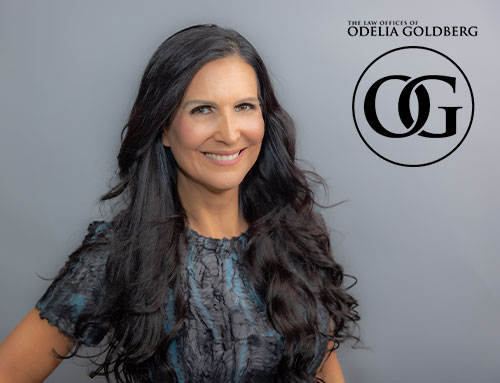We are on a boy band marathon! Liam Payne, the One Direction singer, died in October of 2024 at the age of 31, leaving behind an 8-year-old son, Bear, and a $32M estate.
Liam did not draft a last will or trust (talk about the ‘Story of My Life’ LOL) so his estate passed according to UK laws to Bear, his next of kin. Liam’s ex-girlfriend (Bear’s mother) was appointed the administrator of his estate (!!), along with an attorney.
The administrators of the estate are tasked with managing Liam’s estate for the benefit of Bear until he turns 18 years old.
We can talk all about how a trust can avoid having your ex manage your estate after your passing. A funded trust can ensure that:
We can also talk about common trust misconceptions.
I get this a lot. Anyone with assets, no matter how modest, may benefit from a trust.
The need for a trust depends on the beneficiaries, not the size of the estate or the type of assets. A trust shines when a beneficiary needs additional assistance managing assets.
Spoiler alert: trusts don’t magically erase taxes.
They can help with some tax strategies, but you’ll still be dealing with Uncle Sam. Trusts are not your get-out-of-jail-free card—they’re a tool that may be a part of the overall tax plan.
A trust is not your will’s one-night stand LOL.
They serve different purposes and typically work together. A will covers anything that’s left out of the trust and, hopefully, pours it into the trust through probate.
When it comes to estate planning, you need a full band, not just a solo act!
First you need to not mind someone else managing your stuff in a way that can never ever ever be undone, and then you have to consider the terrible tax consequences that an irrevocable trust causes.
By that point, we discover that it’s not really what it’s advertised on YouTube or TikTok.
Sure, avoiding probate is a major perk of a trust, but there’s so much more!
Trusts also:
So much more to trusts than just probate-evading gimmicks.
Most trusts are revocable and can be modified while the grantor is alive.
The trust is intended to evolve and change and make sense for your individual needs.
Sure, some trusts can be pricey, but most trusts are affordable.
The idea is we spend a little time and energy now to save a lot of time and energy later (ehem hem….probate).
Trusts can manage assets:
If you can dream it, I can probably draft it. That’s the beauty of a trust—the versatile nature.
Of course, not all trusts are created equal.
There are:
Each type of trust serves a different purpose.
I should have made this my number 1!
There’s the misconception that creating a trust automatically means all your assets are included. Nope!
The trust is like an empty box, waiting (WAITING!) for assets to be moved into the trust on the asset side.
You have to actively transfer assets into the trust. A trust with nothing in it is pointless.
So, there you have it.
We learn that there’s a lot to be gleaned from boy bands (more than you would think!) and there are a lot of trust misconceptions out there.
It’s a weird little estate planning tool for sure.







The information on this website is for general information purposes only. Nothing on this site should be taken as legal advice for any individual case or situation.
This information is not intended to create, and receipt or viewing does not constitute, an attorney-client relationship.
© 2025 The Law Offices of Odelia Goldberg. All Rights Reserved. Privacy Policy. Web Development by IWD Marketing